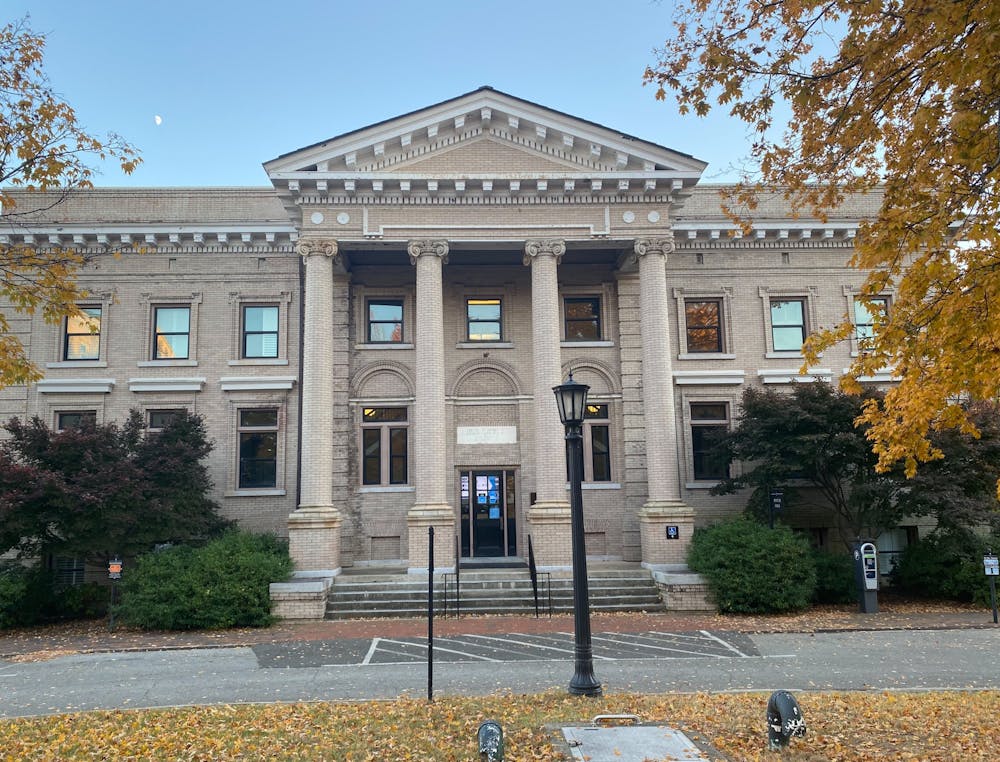I’m currently applying to 12 doctoral programs in computational biology that all have relatively low average acceptance rates. The process isn’t centralized like undergraduate admissions; it’s filling out a dozen different applications, personal statements and supplementary questions.
The work piles up rapidly — as well as each application fee. My credit card has been drained 10 separate times — each time with fees anywhere from $90 to $115.
When applying to multiple schools, these fees make the application process inequitable for students from diverse socioeconomic backgrounds.
In an email to The Daily Tar Heel, UNC Media Relations said the University's application fees are charged to offset the cost of handling applications and to provide funds for recruiting students.
“Fees will be charged only for limited, dedicated purposes and shall not be used to defray the costs of general academic and administrative operations of campuses, including academic programs and faculty and administrative salaries and benefits," the UNC System Policy Manual reads. "Consistent with the above citation, the Board will make every effort to keep fees for students as low as possible while providing the revenues needed to support the purposes for which the fees are charged."
At UNC, there are opportunities to apply for a fee waiver, but only applicants who qualify can apply.
This includes people who are full-time permanent UNC employees, active duty military personnel and U.S. citizens who meet need-based eligibility, among others. On top of the stringent qualification requirements, the application for a fee waiver takes up to several days to be reviewed, meaning it must be sent in well before the deadline.
Application fee change recommendations are sent to the Board of Governors as part of the annual tuition and fee approval process. Media Relations said the Board of Governors will make an effort to keep fees low, and no increases were permitted for 2021-2022, but it is still subject to increases in years in the future.
Nationally, for professional programs like law or medical school, the cost of applying spikes significantly. For medical admissions, it costs $170 to submit the application to the first school, and $42 for each additional school. In addition, there are fees for transcript submission, submitting secondary applications to each school, travel and overnight accommodations for interviews and MCAT preparation materials.




